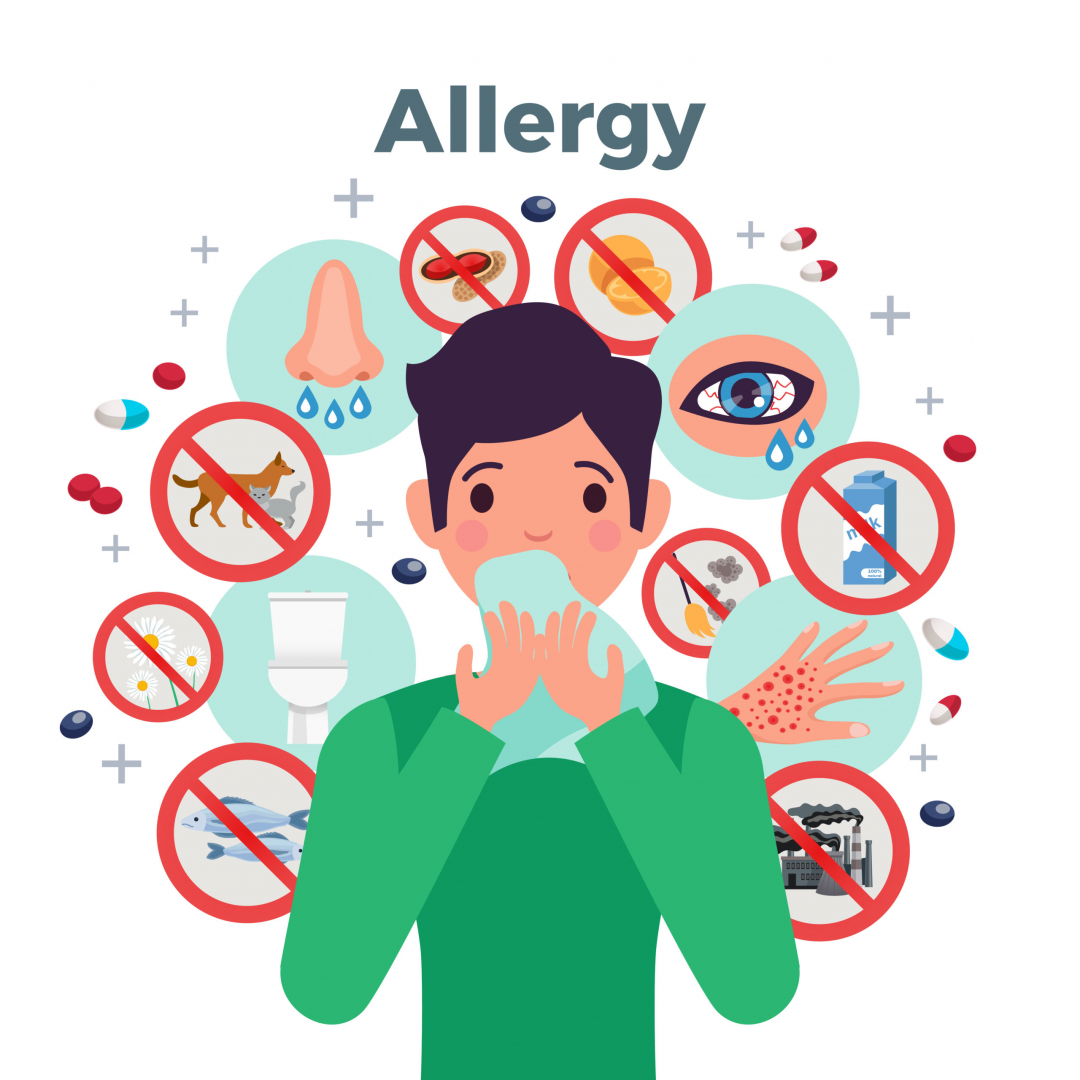Hot tubs are a popular relaxation and therapeutic tool for many, but for those with allergies, there may be concerns about whether soaking in hot tub water could exacerbate their symptoms. Allergies can range from mild irritation to severe reactions, so it’s essential to understand how hot tub use may affect individuals with allergies. In this blog post, we’ll explore the relationship between hot tubs and allergies, potential allergens in hot tubs, and tips for allergy sufferers to enjoy their hot tub experience safely.
Understanding Allergies and Hot Tubs: Allergies are the body’s immune system reacting to substances that are typically harmless. These substances, known as allergens, can trigger symptoms ranging from sneezing, itching, and watery eyes to more severe reactions like difficulty breathing or anaphylaxis. Common allergens include pollen, dust mites, pet dander, mold, and certain chemicals.
When it comes to hot tubs, there are several potential allergens that individuals may encounter:
- Chlorine or Bromine: Many hot tub owners use chlorine or bromine to sanitize the water and kill bacteria. While necessary for maintaining water quality, these chemicals can sometimes trigger allergic reactions or irritate sensitive skin and respiratory systems.
- Mold and Mildew: Hot, moist environments like hot tubs can promote the growth of mold and mildew, which can release spores into the air and cause allergic reactions in susceptible individuals.
- Detergents and Cleaning Products: The cleaning products and detergents used to clean hot tub surfaces or treat water can contain harsh chemicals that may trigger allergic reactions or irritate sensitive skin.
Tips for Allergy Sufferers Using Hot Tubs: While hot tubs can be a source of relaxation and relief for many, allergy sufferers should take precautions to minimize their exposure to potential allergens. Here are some tips to help allergy sufferers enjoy their hot tub experience safely:
- Choose a Well-Maintained Hot Tub: Regular maintenance and proper water treatment are essential for keeping hot tubs clean and free from allergens like mold, bacteria, and algae. Ensure that the hot tub water is properly balanced and sanitized according to manufacturer recommendations.
- Consider Alternative Sanitization Methods: Consider adding water sanitization methods such as ozonation, UV sterilization, or mineral-based systems. These methods can provide effective water treatment with fewer chemical additives.
- Shower Before and After Soaking: Rinse off with fresh water before entering the hot tub to remove any allergens like pollen, pet dander, or dust mites that may be on your skin or hair. Showering after soaking can help wash away any residual chemicals or allergens from the hot tub water.
- Monitor Indoor Hot Tub Environments: If you have allergies to indoor allergens like dust mites or mold, be cautious when using an indoor hot tub. Ensure that the indoor environment is well-ventilated to reduce humidity levels and minimize the risk of mold growth.
- Use Hypoallergenic Products: Opt for hypoallergenic cleaning products, detergents, and skincare products when maintaining your hot tub and caring for your skin. Avoid products with harsh chemicals or fragrances that may exacerbate allergy symptoms.
Conclusion: While hot tubs can provide relaxation and therapeutic benefits for many people, allergy sufferers should be mindful of potential allergens that may be present in hot tub environments. By taking precautions such as proper maintenance, alternative sanitization methods, and personal hygiene practices, individuals with allergies can enjoy their hot tub experience safely and minimize the risk of allergic reactions. As always, it’s essential to consult with a healthcare professional if you have specific concerns or allergies that may impact your hot tub use.
